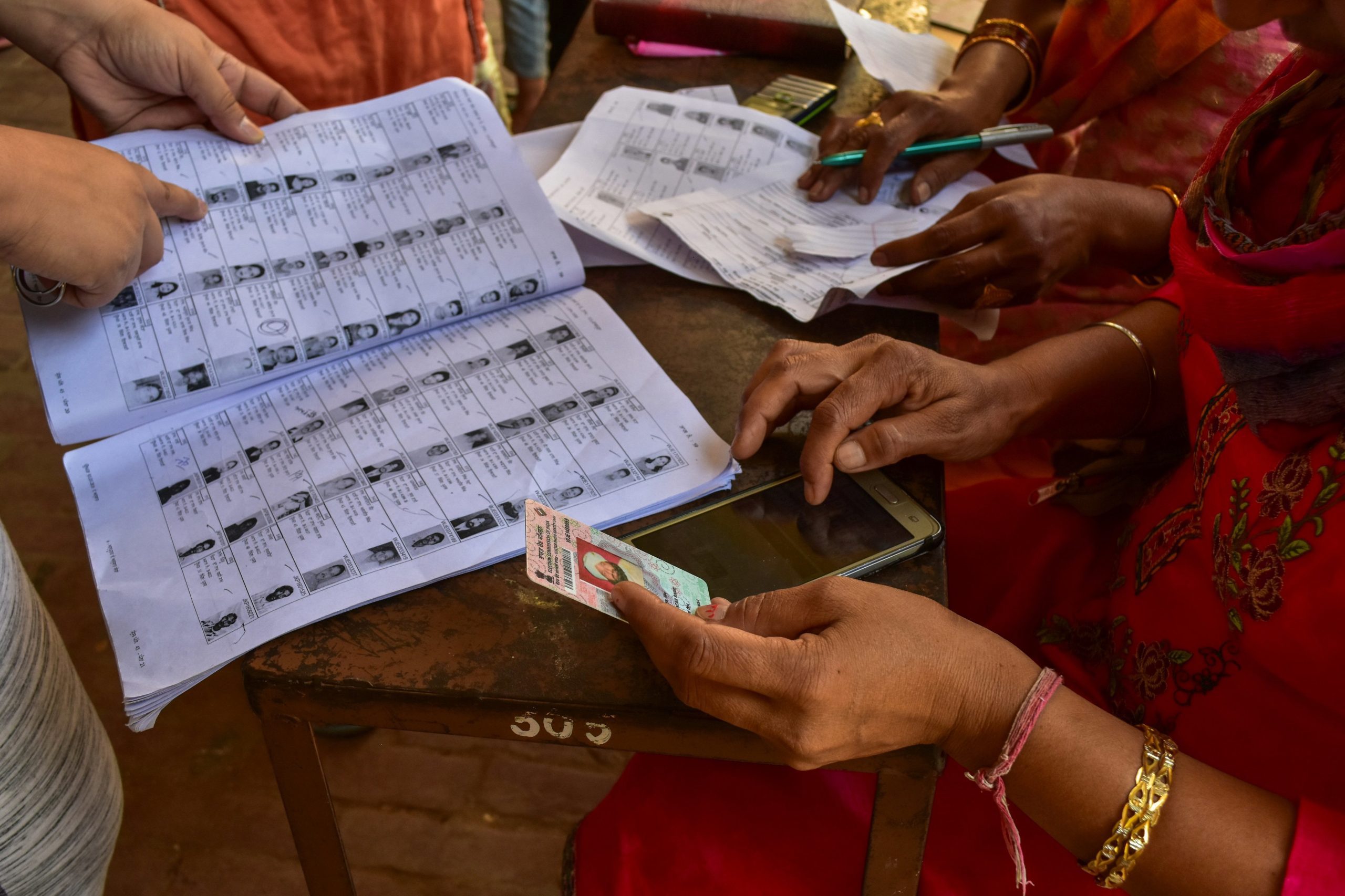The Election Commission of India (ECI) has successfully concluded the Special Intensive Revision (SIR) in Bihar, ahead of the assembly elections in the state later this year. The final electoral roll, made available on October 1, has 7.42 electors. While the draft roll had 7.24 electors, the ECI bulletin specifies the addition of 21.53 lakh electors, along with the deletion of 3.66 ineligible electors. The exercise was marred by political interests invested in discrediting the process. However, a commendable show by the ECI has encompassed the state, leaving no elector behind.
Across August, the ECI shared daily bulletins on the claims and objections filed against the draft electoral rolls. In the interest of transparency and procedural integrity, the number of booth-level agents of each party was mentioned.
Interestingly, Congress, with over 17,500 booth-level agents, did not find a single claim or objection against the draft electoral roll. More than 160,800 booth-level agents across the national and regional parties were engaged in the exercise along with the booth-level officers, thereby ensuring that no elector was inadvertently missed out in the final list. As per the final bulletin of the ECI, over 21 lakh electors were added while over 3.6 lakh ineligible electors were deleted.
Importantly, it must be noted that the Electoral Registration Officer (ERO) has the authority to initiate suo motu inclusions under Rule 21 of the Registration of Electors Rules, 1960. This process allows the ERO to add names that were accidentally left out of the electoral rolls.
It typically begins with a thorough review of the existing rolls, such as cross-checking against enumeration slips, followed by compiling a list of potential additions. This list is then displayed publicly along with a notice inviting objections, and if any are raised, hearings may be conducted before finalising the inclusions. The booth-level agents can raise claims or objections at this step as well, if required.
The Special Intensive Revision (SIR) of electoral rolls is the prerogative of the Election Commission of India (ECI) under Article 324(1) of the Constitution, which vests the superintendence, direction, and control of the preparation of electoral rolls and conduct of elections exclusively in the ECI. This plenary power grants the Commission complete discretion to initiate special revisions like SIR to ensure the accuracy and purity of voter lists, without interference, as affirmed by the Supreme Court.
The ECI’s authority stems from the need to maintain free and fair elections, allowing it to adapt revision processes, such as intensive house-to-house verifications in Bihar, to address specific issues like duplicates or ineligible entries, independent of legislative mandates. This constitutional autonomy prevents encroachments on its functions, emphasising its role as the guardian of democratic processes.
In the context of Bihar, SIR assumes additional importance. The state has witnessed steady migration in the last few decades, and most of these people have gone on to become electors in the states they currently reside in. Therefore, it becomes important to have a new electoral roll in place. A nationwide SIR, when done, can address the question and scale of interstate migration in the last few decades.
The window between the publication of the draft roll and the final roll is where the process deployed by the Election Commission of India validates itself. The utility of Form 6, Form 6+Declaration, and Form 7 ensures that the electors can exercise their right when it comes to inclusion or exclusion of names in the electoral rolls. This explains the net addition of voters, around 18 lakh, in the final electoral rolls. It is also important to note that before each state assembly election, it is standard operating procedure to publish the draft rolls ahead of the announcement of the election.
The successful conclusion of SIR in Bihar serves as a lesson for the exercise to be repeated at a nationwide level. The engagement with the booth-level officers, booth-level agents, along with the electoral registration officers (ERO), ensures transparency of the process and integrity of the rolls. The bedrock of our democracy is the efficiency and effectiveness of the Election Commission, and in Bihar, its formidability has been demonstrated yet again.















